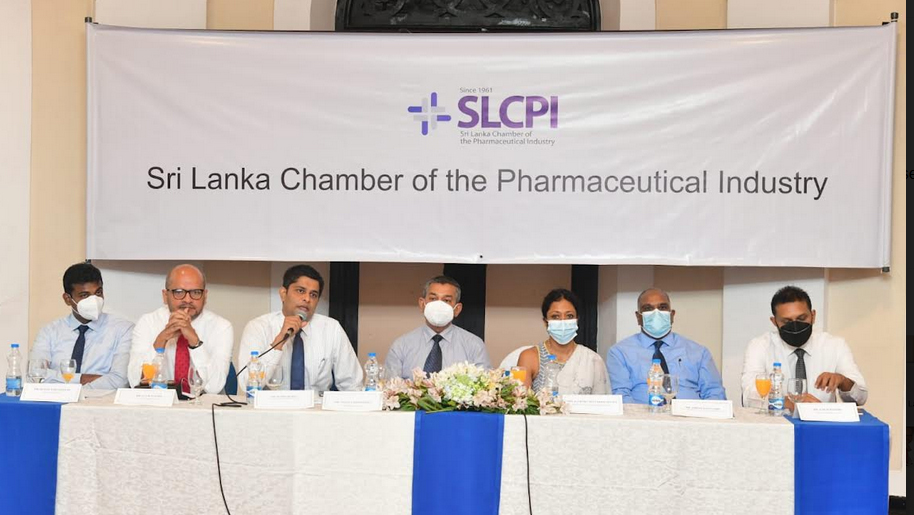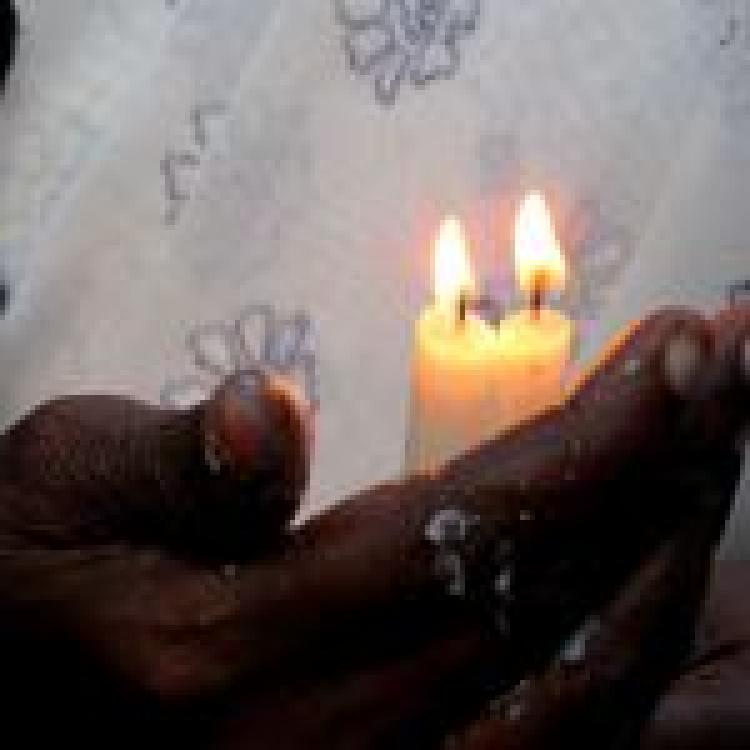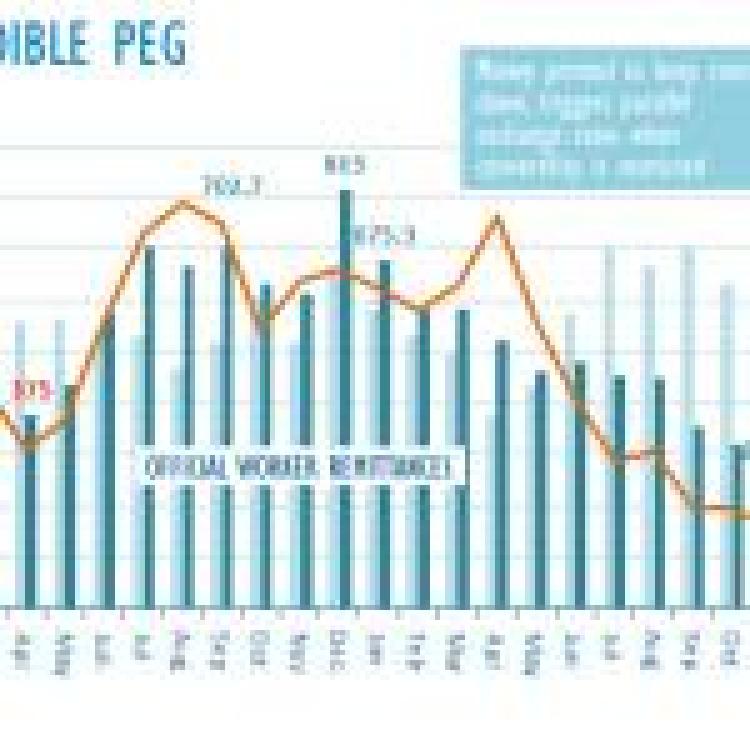
Sri Lanka is facing drug shortages due to unfavourable internal price controls and a worsening forex crisis making it harder for vendors to purchase drugs, leading to acute shortages of 5 per cent of medicines registered with the National Medicines Regulatory authority which includes paracetamol and drugs for diabetes, high blood pressure and cholesterol.
The Sri Lanka Chamber of Pharmaceuticals industry (SLCPI) has noted that banks are reluctant to open letters of credit to import drugs.
“There are around 7300 medicines registered with National Medicines Regulatory Authority and according to the retailers currently there is a shortage about 5 percent of those medicines in the market,” Sanjiva Wijesekera President of the Sri Lanka Chamber of Pharmaceuticals Industry told EconomyNext.
“Paracetamol, drugs for diabetes, high blood pressure, cholesterol are some of the medicines that are short in the market currently.” he added.
The SLCPI said that private sector importers need USD $25-$30 million dollars a month to import the necessary medicines to the country. Adrian Basnayake, the Past President and Council member of the SLCPI said, the commercial banks are refusing to issue letters of credit for the importers and asks the importers to buy dollar from exporters through at much higher price than the 203, the current dollar peg on the island.
“When we go to banks to get dollar, there are no dollars to get,” Basnayake explained. “They say, if you can, go to exporters and get some dollars from them. When we contact them they agree to get give dollar not at 203 rupees but 245 rupees.”
SLCPI said the LC issue is affecting the medicine imports on government tenders as well.
“There is a delay in LC opening in government tenders as well,” M Prathabanthe, Senior Vice President of SLCPI said.
“Because of that there will be medicine shortage in government hospitals as well.”
Meanwhile people were stocking up on drugs adding to shortages.
“In the last 2-3 months our sales increased greatly,” Basnayake said. “We could have been happy about that but when our stocks are getting depleted and there are issues in importing, we realize the problem.”
Azam Jaward the Vice President, SLCPI said the industry has been de-prioritised to a certain extent due to the current power crisis where fuel is given priority.
"Until last month we did not have any major issues. But now the banks have been advised to prioritise issuing LCs to import fuel. If this trend continues, even for the lifesaving drugs we will have a serious issue.
We are at the moment have the supply for another 2-6 weeks, some medicines for another 3 months, but we are concern about the possible situations that can arise in the future in this country due to drug shortage.”
Sri Lanka's foreign currency reserves have fallen over 24% to USD $2.36 billion by the end of January from USD $3.14 billion at the end of December 2021, despite currency swaps and debt deferments from India and China.
In the three months from February to April, Sri Lanka has another USD $ 1.83 billion foreign currency debt settlements to pay, while a USD $1 billion dollar sovereign bond matures in July. The country faces an increased risk of default, yet so far has resisted and shut down any inclination that it will seek assistance from the IMF to restructure its debt. The country instead is banking on that it can access more bilateral and multilateral funding lines. As the livelihood of those across the island becomes more precarious the militarised state, still finds foreign reserves to purchase military aircraft from India.
Read more at EconomyNext





